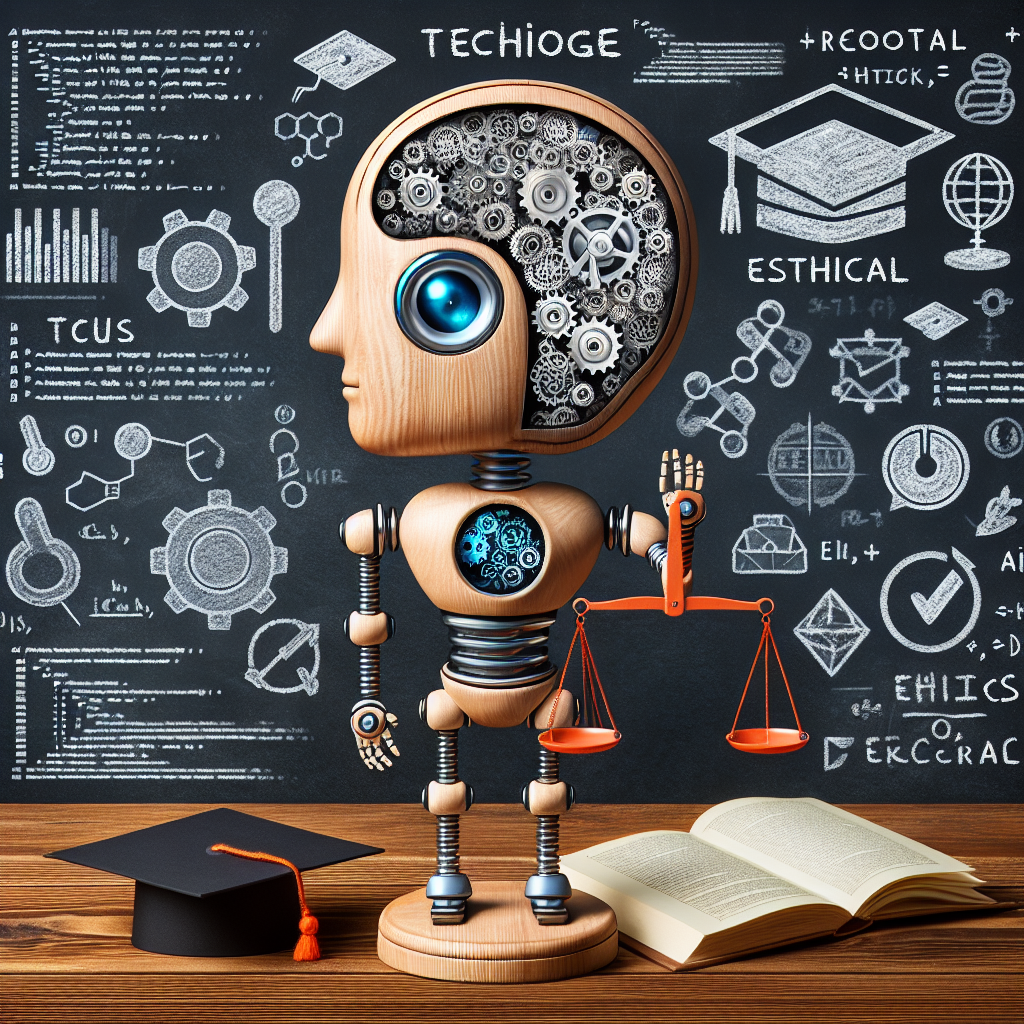As artificial intelligence (AI) continues to advance and integrate into our daily lives, the conversation surrounding its ethical implications becomes increasingly important. For students, particularly those pursuing studies in technology, computer science, or social sciences, grasping the ethical landscape associated with AI is essential. This article delves into crucial ethical considerations every student should recognize in relation to AI.
1. The Significance of Ethical AI
AI systems are engineered to perform tasks that typically require human intelligence, such as image recognition, natural language processing, and decision-making. With their expanding role, the consequences of their application—both beneficial and detrimental—demand a comprehensive ethical scrutiny. Ethical AI tackles the moral obligations of developers and organizations to ensure AI is conceived, implemented, and managed in a manner that is fair, transparent, and accountable.
2. Bias in AI
One of the most pressing ethical issues in AI is bias. AI systems learn from existing data, which may harbor historical biases. For instance, if a hiring algorithm is trained on skewed data, it may inadvertently perpetuate discrimination against specific groups. Students should understand how bias can infiltrate algorithms and recognize the importance of building equitable AI models. Initiatives to increase data diversity, identify bias, and implement mitigation strategies are vital in this regard.
Consideration: How can you ensure the datasets utilized in AI training are representative and devoid of bias?
3. Privacy Concerns
AI technologies often rely on extensive data, including personal information, which raises significant privacy issues. Students must confront questions about consent, data ownership, and how AI systems handle personal data. For example, facial recognition technology could violate privacy rights unless it is deployed with strict regulations.
Consideration: What safeguards can be introduced to protect individual privacy without hindering technological progress?
4. Transparency and Accountability
The "black box" phenomenon of many AI systems creates obstacles for transparency—comprehending how algorithms reach their decisions can be challenging. This ambiguity complicates accountability, particularly when AI systems make mistakes or harmful choices. Students should champion transparency in AI development and explore how explainable AI can build trust.
Consideration: How can developers design more transparent algorithms and foster accountability in AI-driven decision-making?
5. Ethical Utilization of AI
The potential applications of AI range from refining healthcare diagnostics to improving customer service. Yet, these advantages come with ethical duties. Students should ponder the implications of deploying AI in sensitive domains, such as surveillance, military use, and autonomous vehicles. Ethical standards and societal norms must be established to govern the application and advancement of these technologies.
Consideration: How can organizations ensure AI is used ethically across various sectors, and who should help develop these guidelines?
6. The Future of Employment
AI’s expansion is anticipated to disrupt multiple industries, leading to job displacement while simultaneously creating new employment opportunities. Students must contemplate the ethical ramifications of these shifts, including workforce training and reskilling. What responsibilities do organizations and governments hold in facilitating workforce transitions?
Consideration: How can educational institutions equip students for a workforce increasingly shaped by AI technology?
7. Human-Centric AI
At the heart of ethical AI discussions lies the need for a human-centric approach. As AI systems develop, it is crucial to prioritize human welfare, ensuring technology enhances the human experience rather than replaces it. This perspective encourages designing AI systems aligned with human values and societal objectives.
Consideration: How can AI be crafted to bolster human capabilities instead of undermining them?
Conclusion
As students delving into the field of AI, it is vital to engage critically with the ethical dilemmas associated with this powerful technology. By understanding the implications of bias, privacy, transparency, and the future of work, students can make positive contributions to the development and implementation of AI. Embracing ethical considerations will not only guide responsible AI practices but also guarantee that technology advances humanity’s best interests in the long term.

